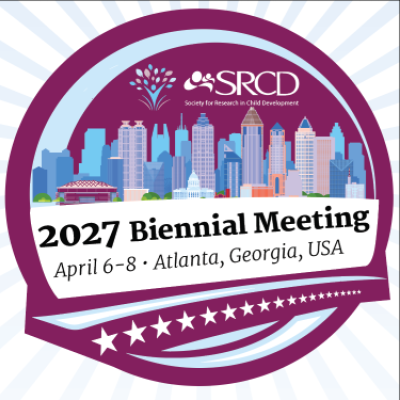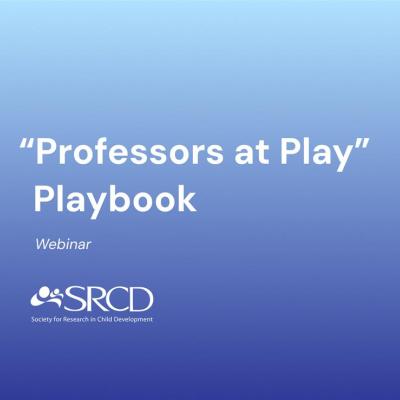From the Lab to the Classroom: Institute of Education Sciences Research to Improve Our Nation’s Math and Science Achievement
SRCD, in collaboration with other organizations, held a Congressional briefing on how research funded by the U.S. Department of Education’s Institute of Education Sciences (IES) supports advances in science, technology, engineering, and mathematics [STEM] education. As our future economy depends on a workforce with knowledge and skills across the STEM disciplines, effective math and science education is extremely important. Advances in cognitive science, developmental psychology, and education research are revealing how we can improve in teaching math and science to all children, including those with learning disabilities, from pre-school through secondary education. IES is moving those advances in cognitive and learning science out of our nation’s research laboratories and into classrooms to improve students’ achievement in math and science. The event was widely attended.
Institute of Education Sciences Director John Q. Easton provided an overview of the IES research portfolio and discussed the high priority that IES places on the relevance and usability of the research it supports.
- Douglas Clements, University of Denver, gave a presentation entitled, Early Childhood Mathematics Intervention: Surprisingly Important.
- Robert Siegler, Carnegie Mellon University, presented on Helping Children with Mathematics Learning Difficulties and Preventing the Difficulties from Arising in the First Place.
- Nora Newcombe, Temple University, spoke about Improving Science Learning in Middle School.
- Steve Breckler, Executive Director for Science, American Psychological Association, moderated the panel.






